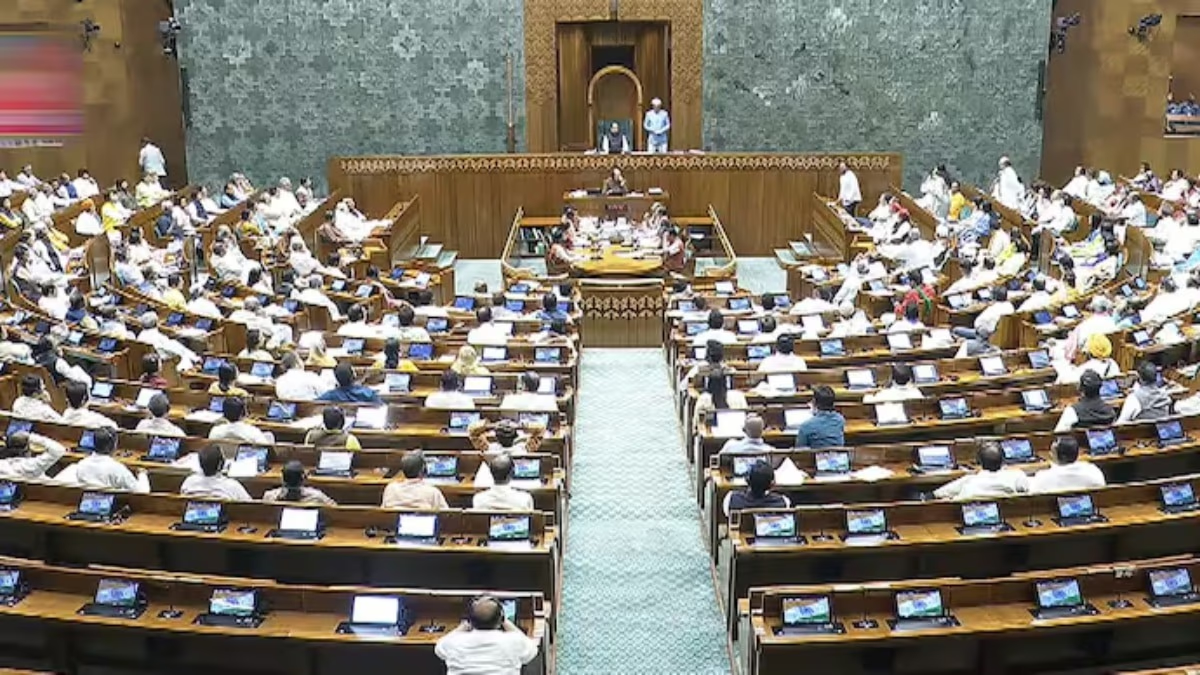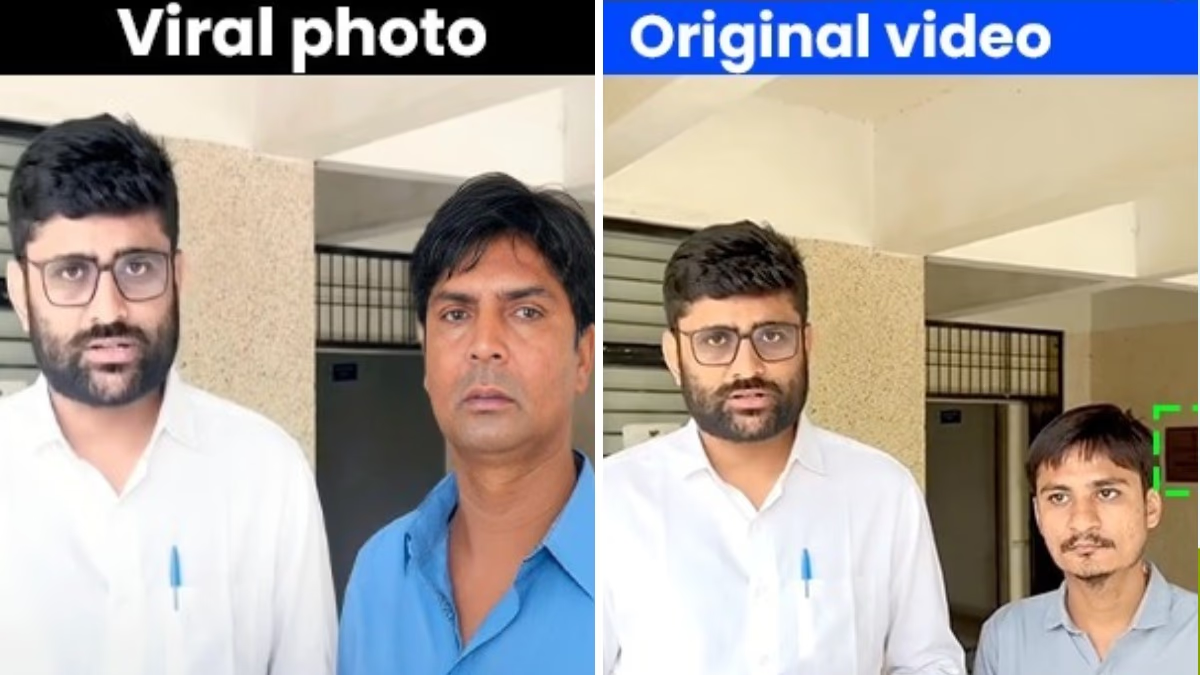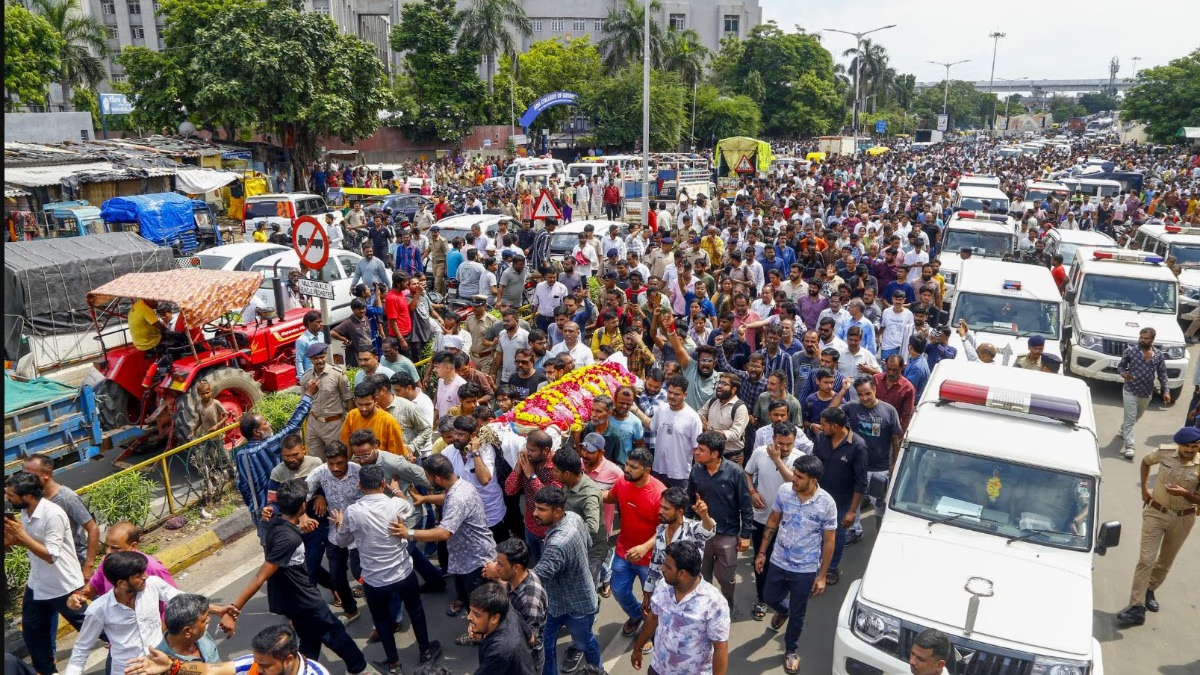On Wednesday, the Central Government will introduce three bills in the Lok Sabha, aimed at removing Prime Ministers, Central Ministers, Chief Ministers, and other ministers from their posts if arrested in serious criminal cases.
Currently, there is no legal provision to remove leaders from office in case of arrest or judicial custody. These bills seek to address these shortcomings and are designed to rein in leaders accused of serious criminal offenses.
The bills include the Union Territory Governance (Amendment) Bill 2025, the Constitution (130th Amendment) Bill 2025, and the Jammu & Kashmir Reorganization (Amendment) Bill 2025. It is reported that Union Home Minister Amit Shah will propose sending these bills to the Parliament's Joint Committee.
What is the Union Territory Amendment Bill?
According to the details of the objectives and reasons for the Union Territory (Amendment) Bill 2025, the Union Territory Act, 1963 (Act 20 of 1963) lacks any provision for the removal of a Chief Minister or Minister due to the arrest and detention under serious criminal charges. Thus, amending Section 45 of this law to make a legal provision for such a situation is necessary. This bill attempts to meet the aforementioned objectives.
The 130th Constitutional Amendment
The objectives of the Constitution (130th Amendment) Bill 2025 also indicate that there is no provision in the Constitution for the removal of a minister under arrest and detention in serious criminal charges. Therefore, amendments to Articles 75, 164, and 239AA of the Constitution are required to make a provision for removing a Prime Minister or Central Minister, and the Chief Ministers or Ministers of states and Delhi.
Furthermore, under the new provisions, if any minister, including the Prime Minister, Chief Ministers, or other state ministers, is continuously detained for offenses punishable with five years or more for up to 30 days, they may be removed from office.
Inclusion of Clause in J&K Reorganization Act
The objectives of the Jammu and Kashmir Reorganization (Amendment) Bill 2025 state the absence of any provision in the Jammu and Kashmir Reorganization Act, 2019 (Act 34 of 2019) for the removal of a Chief Minister or Minister due to arrest and detention under serious criminal charges. Therefore, a new clause (4A) will be added by amending Section 54.
Removal on the 31st Day
According to this clause, if any minister remains in detention for 30 continuous days during their tenure, they will be removed on the 31st day based on the recommendation of the Lieutenant Governor at the advice of the Chief Minister. If the Chief Minister does not take cognizance, the minister will automatically be removed the following day.
This mechanism for automatic removal is also proposed for the Central and State Governments, where detained ministers or the Prime Minister will be removed after 30 continuous days of custody.
Emphasis on Public Trust in Representatives
The details of the bill's objectives and reasons emphasize the urgent need to safeguard constitutional ethics and uphold public trust in elected representatives.
It states that elected leaders symbolize the hopes and aspirations of the people, yet the current Constitution lacks any provision for the removal of Prime Ministers or ministers facing arrest and detention under serious criminal charges.
It is also mentioned that the character and conduct of ministers in office should be beyond any doubt. Ministers facing severe criminal charges, arrest, and detention could disrupt or hinder the principles of constitutional ethics and good governance, thereby weakening public constitutional trust.




